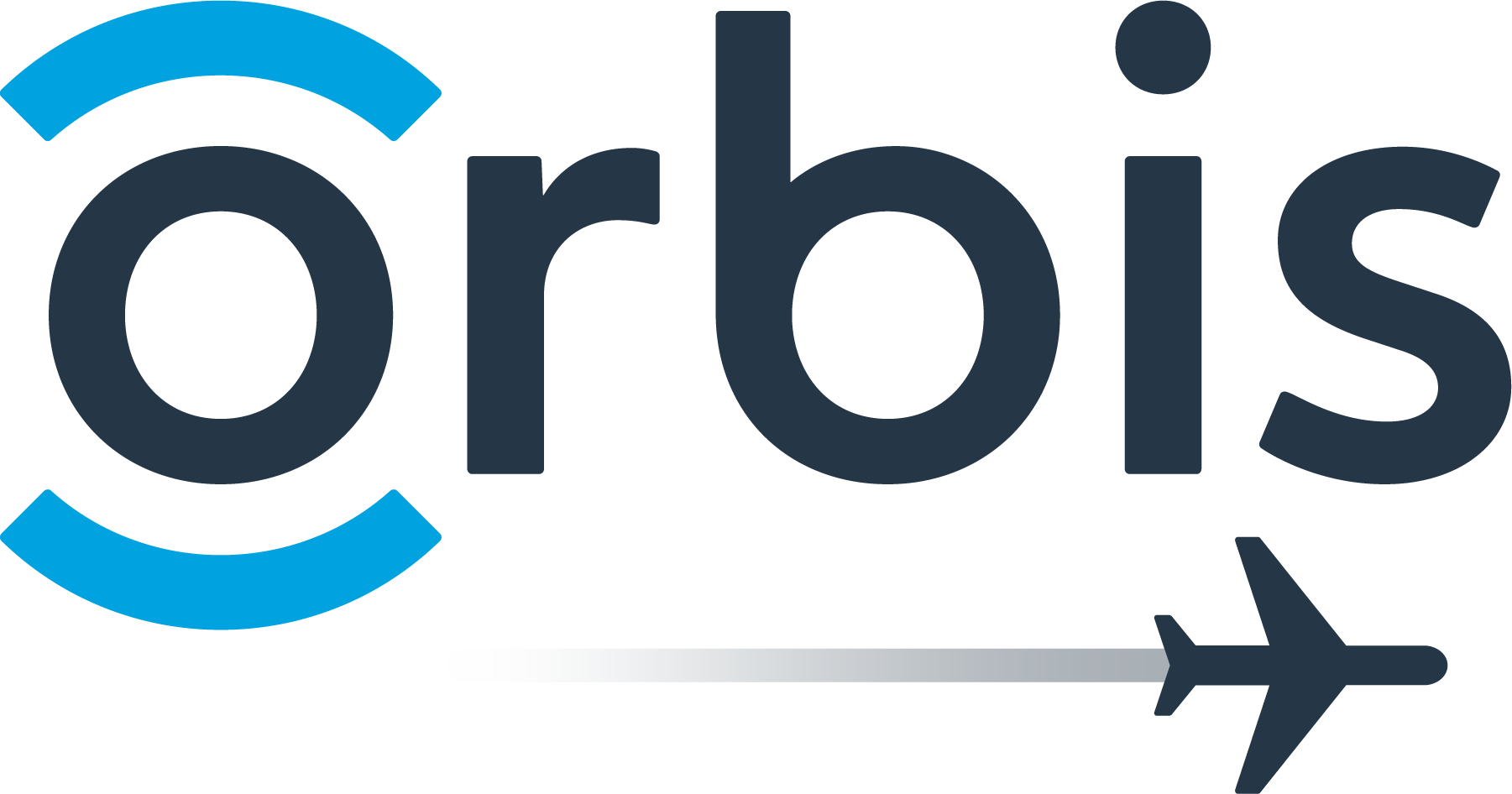
Orbis International online course equips healthcare workers to identify glaucoma signs

A study of the course was conducted in Vietnam, and showed participant scores doubled following the online course, to a level like local ophthalmologists.
A recent study showed an online course designed by Orbis International successfully trains healthcare workers to identify signs of glaucoma at a level similar to local ophthalmologists.
The peer-reviewed study, published in the British Medical Journal (Open), found that non-ophthalmic healthcare workers already trained to identify diabetic retinopathy could also effectively learn to detect signs of glaucoma.1
The study2 was conducted in Vietnam, an area where trained professionals are scarce, and half or more of glaucoma patients discover they have the disease when it is too late for effective, sight-saving treatment.
"Glaucoma is the leading cause of irreversible blindness around the world," said Olusola Olawoye, MD, lead researcher of the study, Glaucoma specialist and consultant ophthalmologist, College of Medicine University of Ibadan, Nigeria. "High-risk patients who have regular screenings can be prevented from going blind from glaucoma by receiving prompt treatment. This study demonstrates that non-ophthalmic diabetic retinopathy graders can screen patients for two major causes of blindness in one appointment, freeing up time for more highly trained ophthalmic experts to focus on patients with more complicated cases that need their services."
The study was funded by a Novartis independent grant program, eXcellence in Ophthalmology Vision Awards (XOVA). It enrolled 43 diabetic retinopathy graders, including nurses, technicians, and non-ophthalmic physicians who had previously been trained through a previous project supported by Orbis and the Fred Hollows Foundation in Vietnam.2
For the study, each participant took a pre-test, completed a 5-hour online course through Cybersight, and then took a post-test. The course and tests were designed by Orbis medical experts. A control group consisted of 29 Vietnamese ophthalmologists across 20 eye and general hospitals who took a single test but did not complete online training.2
A total of 60 digital photographic images were used for the study, 33 from eyes with glaucoma and 27 from healthy eyes. Among these, 19 images were obtained from the Orbis Vietnam program, 11 from the population-based Northern Ireland Cohort for the Longitudinal Study of Ageing (NICOLA) study and 23 from the Glaucomatous Optic Neuropathy Evaluation (GONE) website.2
The online training course consisted of 3 modules describing a standardized, step-by-step process of evaluating the healthy and glaucomatous optic nerve head. Module 1 provided a simple introduction to glaucoma. Module 2 introduced the normal optic nerve head and a systematic description of its features, with some reference to images depicting glaucomatous damage. Module 3 described a systematic method for assessing optic nerve head photos to screen for glaucomatous features using “the 5 Cs.”2
The test set of 60 images were graded as “refer” (likely glaucoma) or “do not refer” (normal) by the test takers. For images graded as refer, the correct reason had to be selected from a list.
Overall, the study found that graders' scores doubled following the online course, to a level like local ophthalmologists.2
"Asia has the highest number of people living with glaucoma," said Ngoc Pham, country director, Orbis Vietnam. "There is a growing gap between the burden of glaucoma in this region and the number of trained ophthalmologists. A new screening model that utilizes lower-level health workers is necessary to fight this disease, in Vietnam, the rest of Asia, and beyond."
Following the results from the study in Vietnam, Orbis, with funding from Sidra Tree Foundation, is now leading further glaucoma screening studies at occupational health centers in the sub-Saharan African country of Eswatini.1
References:
- Study Finds Online Course Effectively Trains Health Workers to Detect Glaucoma. Press Release. Released November 27, 2023. Accessed November 27, 2023.
https://www.prnewswire.com/news-releases/study-finds-online-course-effectively-trains-health-workers-to-detect-glaucoma-301994103.html - Olawoye OO, Ha TH, Pham N, et al. Impact of a short online course on the accuracy of non-ophthalmic diabetic retinopathy graders in recognising glaucomatous optic nerves in Vietnam. BMJ Open 2023;13:e076623. doi: 10.1136/bmjopen-2023-076623
Newsletter
Don’t miss out—get Ophthalmology Times updates on the latest clinical advancements and expert interviews, straight to your inbox.





























